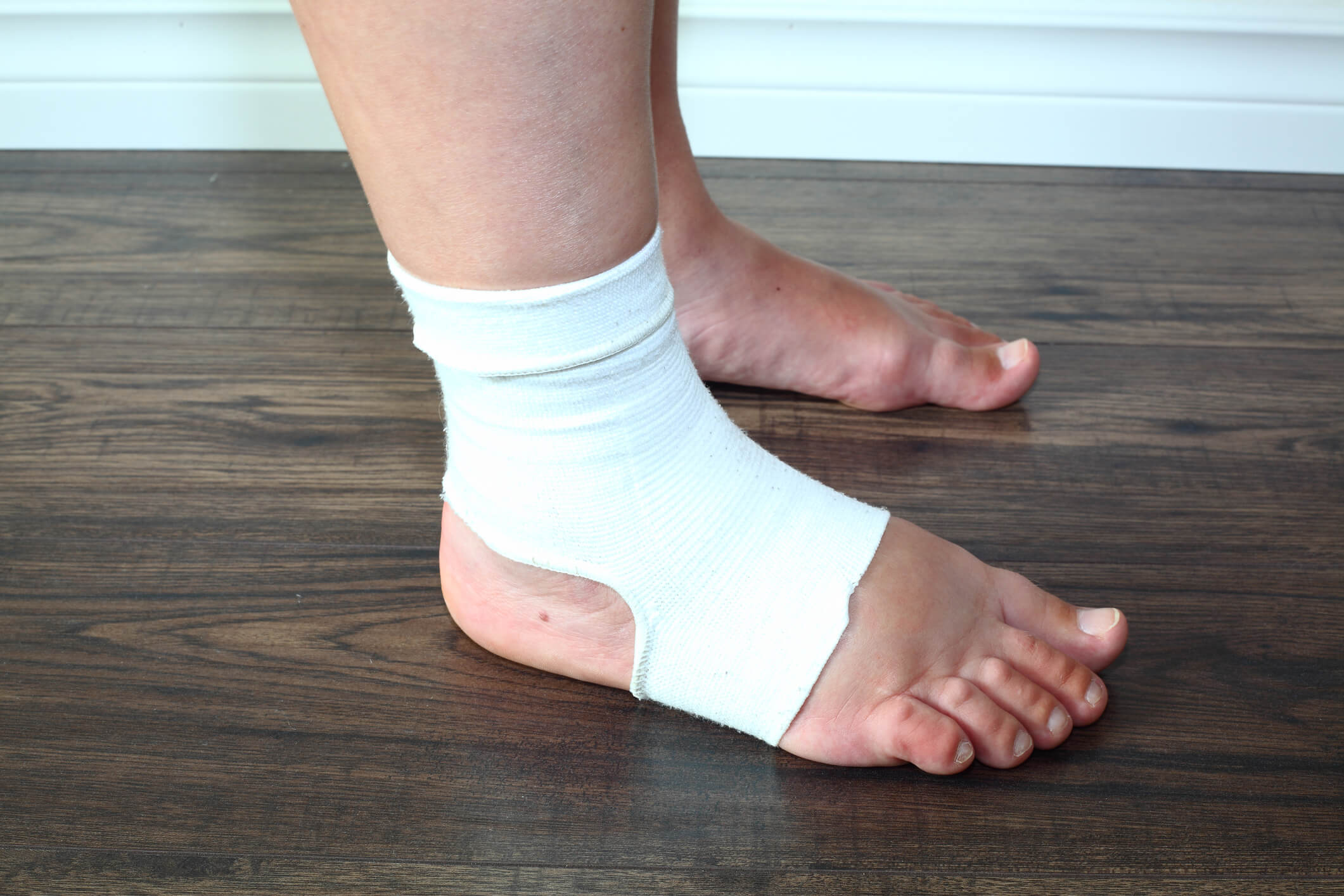March is Lymphedema Awareness Month and Linda Hodgkins and her team from the Hartford HealthCare Rehabilitation Network are hoping to shed some light on this serious and often misunderstood disease.
Lymphedema occurs when the lymphatic system is compromised or damaged creating chronic swelling due to an accumulation of lymph fluid in the soft tissue. The buildup of stagnant fluid causes a mild to severe increase in limb girth, a decrease in tissue healing ability, and a high susceptibility to infections or cellulitis in the affected limb.
“Left untreated, lymphedema can lead to decreased function, chronic infections and changes to the skin, such as discoloration, thickening, and even leakage of fluid,” Hodgkins, the Lymphedema Program Director for the Hartford Hospital Rehabilitation Network, explained. “The condition can also lead to increased isolation, as the size of the limb becomes more noticeable and clothing and shoes become difficult to find to fit over the swollen body part.”
While there are many different causes of lymphedema, the ones most commonly associated with it stem from treatments for cancer such as the surgical removal or radiation of lymph nodes. Researchers at Memorial Sloan Kettering are pioneering a better way to bring relief to patients suffering from the condition by devising a safer method for transplanting lymph nodes from other parts of the body unaffected by cancer. While these procedures will not cure lymphedema, they can help reduce the symptoms associated with it.
While this form of treatment continues to be researched, Hodgkins and her team use a variety of methods to treat the patients they see, most notably with Complete Decongestive Therapy which focuses on the use of light massage and compression bandaging.
“Complete Decongestive Therapy is the gold standard and most effective treatment for lymphedema and the disease can be managed with proper therapy and good compression garments,” she said. “Partnering with a qualified therapist specialized in lymphedema management is the first step to successfully managing this condition.”
Hartford HealthCare Rehabilitation Network has 37 sites across the state. Please call 833.277.1036 or visit hhcrehabnetwork.org for more information.

